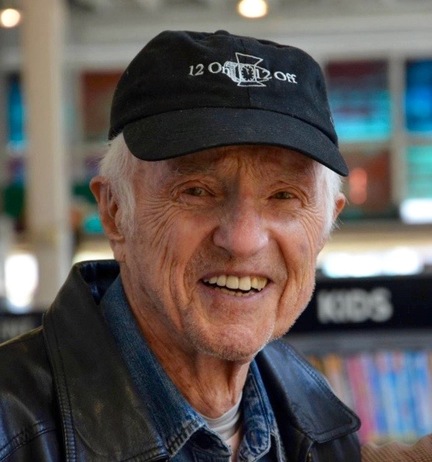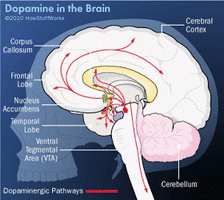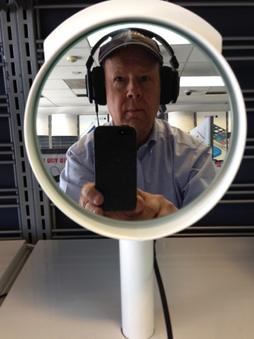|
It is with great sadness that I have to report that my father, Haskell Wexler, has died. Pop died peacefully in his sleep, Sunday, December 27th, 2015. Accepting the Academy Award in 1967, Pop said: “I hope we can use our art for peace and for love”. An amazing life has ended but his lifelong commitment to fight the good fight, for peace, for all humanity, will carry on.
February 6, 1922 – December 27, 2015 -from Bobby Owsinski's Blog
It's fair to say that anyone that's in the music business likes music. No, make that loves music. We've all had that rush when hearing a song that's a feeling like no other. And to play it in front of people is taking it to yet another level. Now there's been a definitive study that really gets down to why we love music. It's called The Neurochemistry of Music and takes a look inside the brain of music lovers. Here's some of what they found. When we first hear a song, it stimulates our auditory cortex, and we convert the rhythm, melody and harmony into a coherent whole. From there certain parts of the brain react depending upon how much we like the music. Sing along and you'll active the premotor cortex, which coordinates your movements. Dance along and your neurons actually synchronize with the beat of the music. Your prefrontal cortex may also be stimulated, which can prompt personal memories. Brain imaging shows our favorite songs trigger the brain's pleasure points, and a significant amount of those internal drugs that we all love, serotonin, dopamine and oxytocin, are released. The more we like a song, the more these neurochemicals are released. Music becomes a drug! This happens with everyone, but it happens more intensely if you're young. People between the ages of 12 and 22 get a giant dose because of the stage in their hormonal development that they're in. This explains why the main audience for music has always been between those ages. Those musical memories that we experience at that point are hardwired into our brains and stay with us for the rest of our lives, which explains why we're always partial to the music of our youth. Because of the impact that the music of our youth has on us, it becomes a part of our social self-image, although the effect appears to diminish over time. Does any of this sound familiar? These points are things that we really all inherently known, but now it's nice to have a study to back it up. -from Bobby Owsinski's Blog I was in one of my local Radio Shack stores today (a "re-designed" one --- they've closed the others) and I saw the rather extensive and new display for Beats headphones, speakers and accessories. There were about 8 different styles you could try on and listen to program material ("music", maybe?) --- the interesting thing was, all the headphones were displayed on round mirrors, sort of like how you look at and shop for sunglasses. So, I guess a lot more goes into the buying decision than how do they sound. Radio Shack display - BEATS
The overall philosophy of every filmmaker, will come through your films- your basic values, what you think a human being’s rights are, will be there. – Hal Ashby
WHY HAL ASHBY? Between 1970 and 1979, Hal Ashby's films collected seven Academy Awards and 24 Academy Award nominations. They continue to influence generations of directors, actors, and fans. Any time you mention Shampoo, Being There, or Coming Home, the reaction is without fail, impassioned. “That film changed my life!” You hear it over and over again, yet Ashby’s name remains, criminally unknown to the general public, a footnote in film guides and critical studies. This mind-blowing streak of films easily rivals his more famous contemporaries. His strident rebelliousness in the face of the Hollywood studio system set the course for an unapologetically original body of work. He was a major player in the 1970s Hollywood’s Film Renaissance: its moral ambivalence and political rage, its stylistic audacity and deeply human voice. That he disappeared behind a string of disappointing pictures in the 1980s and died before redeeming his reputation has led many critics to dismiss Ashby. This was a man who gave everything to film, sacrificed his personal relationships, his health, and sometimes his sanity in his devotion to the craft of directing. In making ONCE I WAS we will finally explore the profound impact of Hal Ashby’s body of work on modern cinema, and hope to know the man behind the camera. Here is the daily weblog, or BLOG, from Jeffrey S. Wexler. I will attempt to put something up here everyday.
|
BlogJeffrey S. Wexler, CAS Archives
January 2016
Categories |




 RSS Feed
RSS Feed
